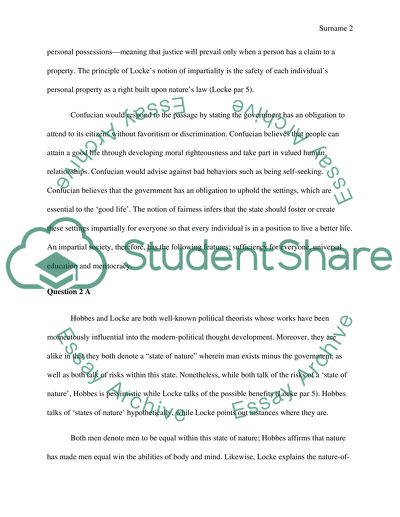Cite this document
(“Three question Essay Example | Topics and Well Written Essays - 1000 words”, n.d.)
Three question Essay Example | Topics and Well Written Essays - 1000 words. Retrieved from https://studentshare.org/philosophy/1483895-three-question
Three question Essay Example | Topics and Well Written Essays - 1000 words. Retrieved from https://studentshare.org/philosophy/1483895-three-question
(Three Question Essay Example | Topics and Well Written Essays - 1000 Words)
Three Question Essay Example | Topics and Well Written Essays - 1000 Words. https://studentshare.org/philosophy/1483895-three-question.
Three Question Essay Example | Topics and Well Written Essays - 1000 Words. https://studentshare.org/philosophy/1483895-three-question.
“Three Question Essay Example | Topics and Well Written Essays - 1000 Words”, n.d. https://studentshare.org/philosophy/1483895-three-question.


